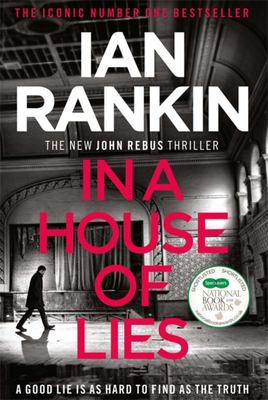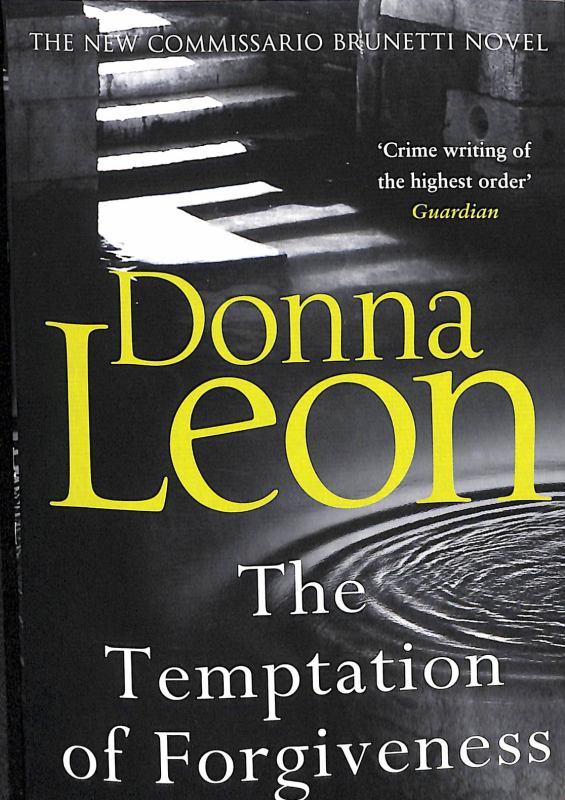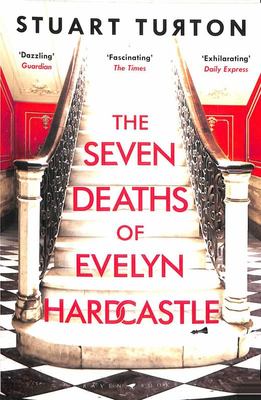Review: In A House of Lies by Ian Rankin
Vintage Rankin — top-notch police procedure merged with deft characterisation. Simon McDonald reviews the new John Rebus thriller.
Having conjured twenty-two novels worth of exploits for the irascible and incomparable John Rebus over the last thirty years, it would seem entirely reasonable for Ian Rankin to begin repeating himself, or for his series to start running out of steam. Indeed, even Rebus references the “managed decline” of his post-retirement life in In a House of Lies, and his treatment of the Saab that’s been as much an ever-present in these books as Rebus himself. But even as Rebus gradually succumbs to a lifetime of bad habits — not just the drinking and smoking, but integrating himself into trouble, and his recurrent dalliances with vigilantism — Rankin’s novels go from strength to strength as he shows a greater willingness to dive deeper into the moral ambiguity of his protagonist. Rebus was always an anti-hero — hard as nails, roguish; but always convinced of his own moral code — but as he faces us to his own morality, with the burden of empty years spent ruminating on his actions, Rankin paints a powerful portrait of a man lacking the assuredness that defined him.
Rebus’s ‘old school’ methods are thrust back into the spotlight when the skeletal remains of a private investigator are discovered more than a decade after the man’s disappearance — in a location that was, apparently, searched during the initial investigation. Detective Inspector Siobhan Clarke is part of the new inquiry, tasked with combing through the mistakes of the original case; while Malcolm Fox, formerly of Professional Standards, has the job of specifically looking for misdemeanours, of which there were evidently many — several of which can be tied back to Rebus’s nemesis, the wily, power-hungry crime boss, ‘Big Ger’ Cafferty.
Rankin’s insight into character and motive is as keen as ever. He deftly cuts between his three primary leads as they follow wonderfully woven, unspooled threads that eventually tie together. As always, the resolution is incredibly satisfying, but is almost besides the point: we’re here for the characters, especially Rebus, whose wit remains as razor-sharp as ever. In A House of Lies encapsulates precisely why Rankin is the grandmaster of the genre, and why Rebus remains one of its most iconic and complex creations.











